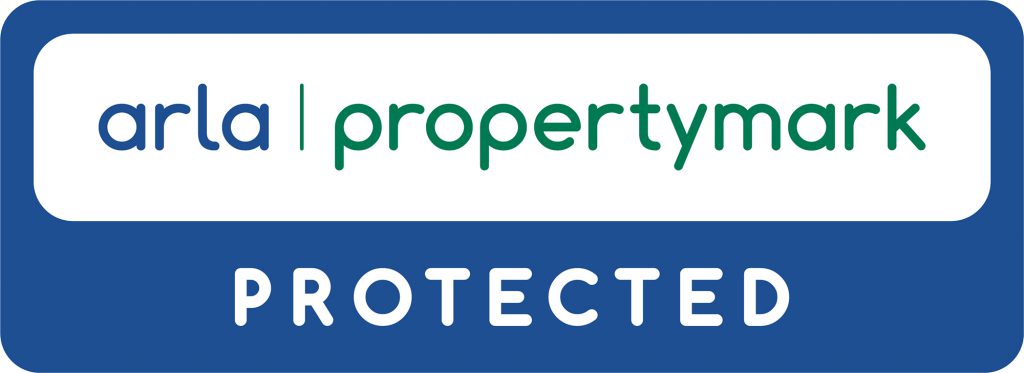The Legislation.
The Energy Efficiency Regs 2015 as amended (2019) are designed to tackle the least energy-efficient properties in England and Wales, these are categorised as those rated F or G on their EPC certificate. The Regulations establish a minimum standard of EPC band E for both domestic and non-domestic private rented property, affecting new tenancies and renewals since 01 April 2018.
Since this date ^, landlords of relevant private rented properties must not create a tenancy to new or existing tenants if their property has an EPC rating of less than E. Then from 01 April 2020, landlords must not continue letting an applicable domestic property which is previously let if that property has an EPC rating F or G. Landlords are encouraged to act as soon as possible to ensure that their properties reach EPC E by the deadline.
Why?
Data has shown that in the PRS, the average annual cost of energy for an EPC rated G property is £3,105 and £2,124 for an EPC rated F property. Therefore, a tenanted who has a home improved from a band F to an E would see potential savings of £700 pa.
What you need to do.
You will need to find an accredited domestic Energy Assessor located near you. You can do this via https://www.epcregister.com/searchAssessor.html.
The Domestic Energy Assessor will then carry out an Energy Performance Assessment and lodge it with on the EPC register.
Once an EPC is lodged on the EPC register (it is valid for a period of ten years. A new EPC is not required each time there is a change of tenancy (or even when the property is sold), provided the earlier certificate is no more than ten years old. An owner, landlord or tenant will be free to commission a further EPC within that ten-year period. – The EPC rating will need to be above an E rating in order to legally rent it out.
Once an EPC reaches the ten-year point and expires, there is no automatic requirement for a new one to be commissioned. A further EPC will only be required the next time a trigger point is reached, i.e. when the property
There are Exemptions.
Circumstances where an EPC may not be required Guidance 26 issued by the Ministry of Housing, notes that an EPC is not required where the landlord (or the seller, if relevant) can demonstrate that the building is any of the following:
• A building that is officially protected as part of a designated environment or because of their special architectural or historic merit where compliance with certain minimum energy efficiency requirements would unacceptably alter their character or appearance;
• A building used as places of worship and for religious activities;
• A temporary building with a planned time of use of two years or less;
• Industrial sites, workshops, non-residential agricultural buildings with low energy demand and non-residential agricultural buildings which are in use by a sector covered by a national sectoral agreement on energy performance;
• Stand-alone buildings with a total useful floor area of less than 50m² (i.e. buildings entirely detached from any other building); or
• HMO’s (Houses in Multiple Occupation, for example, these can be bedsits, hostels, shared houses etc) which have not been subject to a sale in the previous ten years, or which have not been let as a single rental in the past ten years.
We spoke to Specialists in EPCs CC Ltd who said – Energy Performance Certificates are designed to inform prospective tenants or buyers about the energy performance of a property and offer advice on improving the efficiency. Valid for 10 years upon completion, buildings require EPC reports to be conducted when they are either being sold or rented out. From lower energy bills to reducing your environmental impact, there are plenty of reasons why a good EPC rating is important when renting, buying or selling your property. Making your dwelling more desirable, a high EPC rating is an appealing factor to potential tenants or buyers, assuring them the property is energy efficient and boasts lower fuel maintenance costs.
Ogilvy and Sneyd Estate Agents offer Traditional Lettings services in Leek,Nottinghamshire and Grantham.











